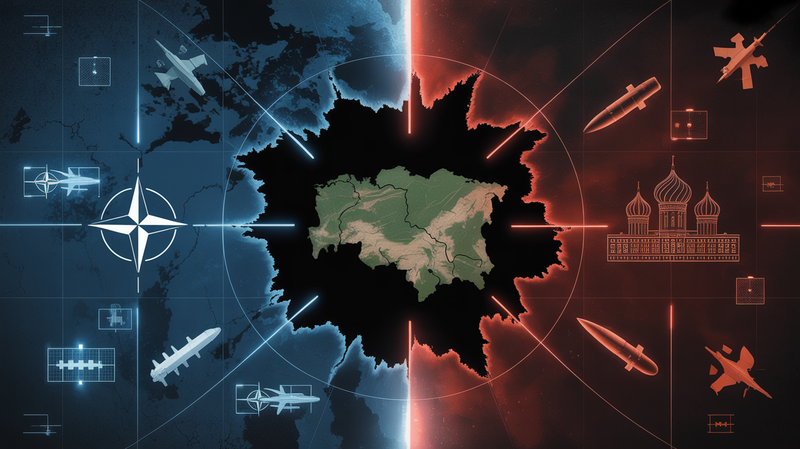In Song, A Journey: Understanding Estonia's 'Song Festival Closing Song' in a Profound Light
Estonia, a country rich in folk traditions and a profound love for music, frequently provides platforms for cultural exchange and expressions through various events. The Song and Dance Festival is a particular standout, where the closing song, known as the "Song Festival Closing Song" or "Laulupeo lõpulaul,

Estonia, a country rich in folk traditions and a profound love for music, frequently provides platforms for cultural exchange and expressions through various events. The Song and Dance Festival is a particular standout, where the closing song, known as the "Song Festival Closing Song" or "Laulupeo lõpulaul," symbolizes the culmination of the festivities. However, its lyrics carry a deeper existential message that transcends beyond the context of a mere farewell to the event.
"Mu rõõm on lõputu / Kuid siit me peame lahkuma," the song begins and ends, the lyrics translating to "My joy is endless / But from here we must depart." At first glance, it seems to be a direct address to the festival attendees, marking the end of a jubilant gathering. However, if one digs deeper, the concept of 'departure' can also be interpreted as an allegory to our ultimate farewell from life – death.
This perspective renders the song a profound meditation on life's transitory nature and the inevitable reality that eventually, all must "depart". In this light, the 'endless joy' could be a celebration of life's many beauties, experiences, and connections that we amass even in the face of our eventual departure. It underlines the importance of cherishing the present and relishing the joys life presents to us.
"Kas ükski kord veel kohtume / Et elumere vees / Veel võiks me kokku sattuda" - "Will we meet again sometime / In the sea of life / We could run into each other again." These lines could imply the hope of reincarnation or an afterlife, a reconnection beyond our worldly existence. They might also symbolize the cyclical nature of life and the universe, mirroring how we continually encounter familiar souls and experiences in different forms and contexts.
Thus, the "Song Festival Closing Song" presents an opportunity to delve into deeper existential contemplations. It could be an invitation to ponder life, death, departures, and reunions, addressing larger existential questions. It might prompt listeners to reflect on the interconnectedness we all share, the fleeting beauty of our existences, and the continual cycle of meeting, parting, and perhaps, meeting again.




